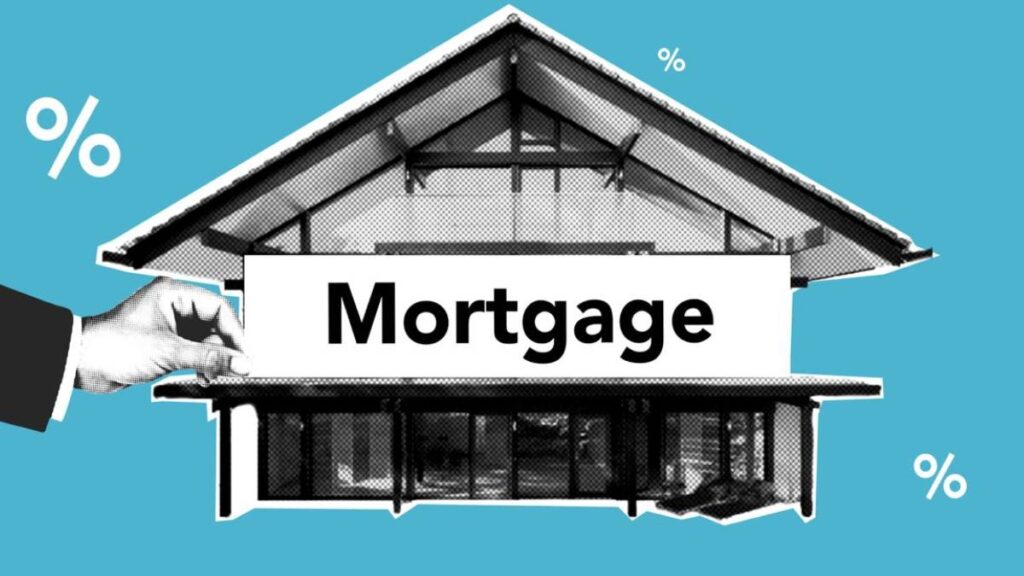
If you are wondering if you can slash thousands off your mortgage interest payments without winning the lottery, then you are not alone. Since 2021, financial institutions increased interest rates to reduce inflation and stabilize the economy.
However, a higher interest rate for homeowners leads to higher monthly mortgage payments. This means they would allocate more of their monthly budget to cover their housing costs. Significantly, this limits their ability to save or invest in other areas.
Unfortunately, dealing with higher mortgage payments causes anxiety for homeowners who may need to reprioritize their finances. Some are forced to cut back on discretionary spending or find additional sources of income.
Now, there is a simple yet powerful strategy that homeowners are using to turn the tables on their lenders. Homeowners can take control of their mortgage and save significant money through mortgage overpayments. How does it work? It’s simple: you pay more than your required monthly mortgage payment.
ALSO READ: San Francisco Small Businesses Face Auctioning Due to Mortgage Crisis
Every time you make an overpayment on your mortgage, you cut down the principal balance faster than your lender expects. Because interest accrues based on the remaining balance, reducing that balance ahead of schedule means less interest paid over time. Before you know it, you are mortgage-free.
For example, say your initial mortgage amount is $350,000 with an interest rate of 5.55%, payable within 25 years. With an overpayment of $200 per month, you can save $55,570 in interest throughout the loan. With this, you can pay off the mortgage four years and two months early.
POLL — Should the Government Increase Taxes on the Wealthy To Reduce Economic Inequality?
The beauty of this hack is that even small overpayments can yield significant long-term results. An extra $10 or $100 each month can help reduce the principal balance and speed up the payoff process.
Many lenders offer some degree of flexibility when it comes to making overpayments on mortgages. They allow you to pay off a portion of your loan each year without incurring early repayment charges. This limit typically ranges from 10% to 20% of the outstanding balance for some.
You can incur early repayment charges if you exceed the overpayment limit or pay off your mortgage in full. Depending on your lender and mortgage agreement terms, these charges can range from 1% to 5%.
ALSO READ: More Homeless Adults To Be Expected Next Decade, New Study Warns
According to David Hollingworth of broker L&C Mortgages, “Overpaying isn’t necessarily going to be looked at more favorably by a lender as they will always want to see that the mortgage is affordable. But, it could reduce the loan-to-value (LTV) on the mortgage, opening up a broader range of better rates. And a smaller mortgage should also mean that affordability is easier to meet – which again could help to open up the best choice of rates.”
Therefore, before making overpayments, review your mortgage terms and consider your financial situation. It’s essential to weigh the potential savings from paying the mortgage early against any early repayment charges. Additionally, you should assess whether you have other high-interest debts or financial goals that precede your mortgage overpayments.
You Might Also Like:
Legal Experts Raise Concerns Over Judge’s Handling of Donald Trump’s Document Case
Court Slams Trump With $83 Million Fine in E. Jean Carroll Defamation Suit
Florida Woman Files a Lawsuit Against Lyft, Alleges a Driver Raped Her
“He Wasn’t Supposed to Be Home,” Friends of Man Killed By Gunman Dressed as UPS Worker Say
Connecticut School Faces Criticism for Scrapping Veterans Day, Columbus Day From Holiday Calendar
